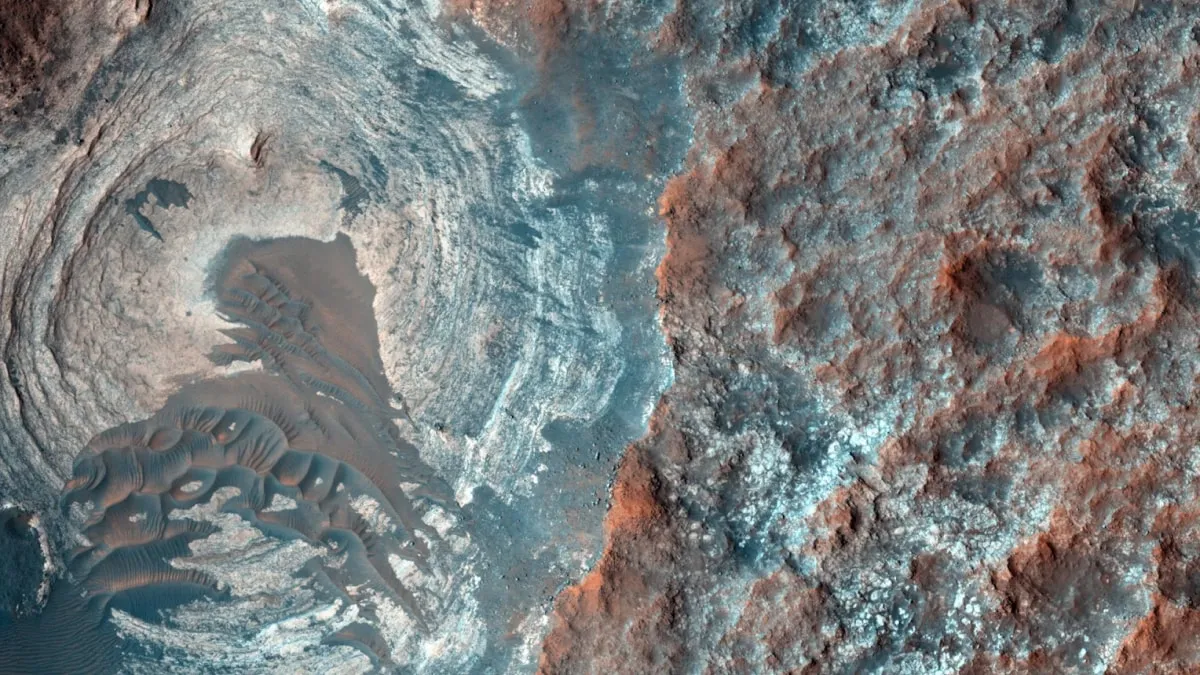How Artificial Intelligence is Redefining Cosmological Research

The Impact of AI on Cosmology
Artificial intelligence is making waves beyond traditional realms, fundamentally reshaping cosmology and astronomical research. The integration of AI at the Flatiron Institute's Center for Computational Astrophysics (CCA) in New York City is providing unprecedented precision in determining the universe's core parameters.
Enhancing Understanding of the Universe's Structure
This groundbreaking research involves calculating five critical cosmological parameters essential for mapping out the universe. By employing AI to analyse data from over 100,000 galaxies in the Sloan Digital Sky Survey, CCA researchers are redefining how these parameters are understood.
Maximising Data Efficiency
- AI facilitates extracting deep insights from extensive data volumes that traditional methods struggle with.
- The approach minimises costs associated with large astronomical surveys.
- This progress enables a cost-efficient way to acquire valuable knowledge from complex data.
Training AI for Precision Measurements
- The AI model was trained on simulated universes to enhance accuracy.
- It addressed real-world challenges to ensure applicability in actual data analysis.
- AI significantly cut down uncertainty in measurements, allowing for better interpretation of cosmic structures.
Tackling Cosmic Mysteries
The advancements provided by AI extend beyond refinement; they can also resolve major cosmic enigmas, like the Hubble tension regarding varying estimates of the universe's expansion.
The techniques pioneered by this research will be critical as new surveys emerge, continually pushing forward our understanding of the universe.
This article was prepared using information from open sources in accordance with the principles of Ethical Policy. The editorial team is not responsible for absolute accuracy, as it relies on data from the sources referenced.